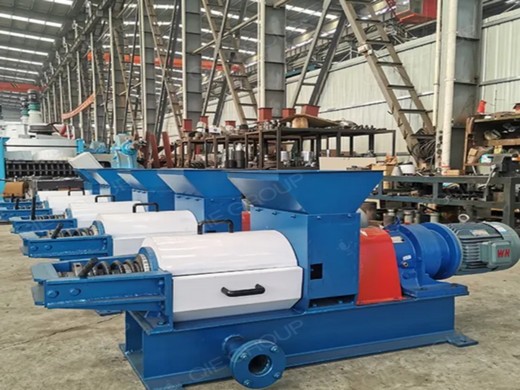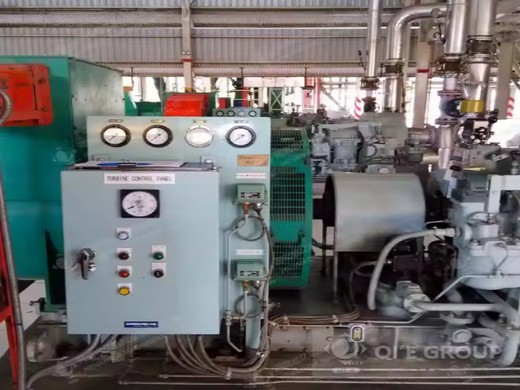Increasing the biofuel content of transport fuel to 10%
On Friday 14th December, Minister Bruton announced an increase in the level of renewable energy used in the Transport Sector with the level of biofuel in fuel mix to increase from 8% to 10% from January 2025. Minister Bruton will also consult on further
Transport and Environment (T&E), the radical left-wing NGO, last week launched a new campaign to remove Palm Oil biodiesel from the European marketplace. T&E launched the supposed ‘exposé’ of the amount of Palm-based biodiesel in Europe. The ‘shocking truth’ of what Transport and Environment revealed was that Palm-based biodiesel use in Europe had increased over
EU ends target for food-based biofuels but will only
EU ends target for food-based biofuels but will only halt palm-oil support in 2030 European countries which decide to continue mandate food-based biofuels after 2025 must limit their contribution to the levels achieved nationally in 2025.
If this is true, then the varying rules with respect to the different types of food and feed-based biofuels and so-called advanced biofuels could be de facto discriminatory. More importantly, the express phase-out of palm oil-based biofuels could be de jure discriminatory. Further, Article 2.2. of the TBT Agreement prohibits measures that are
Target : Expect More. Pay Less.
Shop Target for free shipping on orders of $35+ or free same-day store pick-up, plus free and easy returns. Save 5% every day with your Target RedCard.
France will discontinue biofuel tax breaks for palm oil starting January 1, 2025. France’s move comes in the context of wider EU action on palm oil-based biofuels. Not including palm oil in the EU renewable energy target is expected to help phase-out of the fuel’s use in Europe.
automatic control tape black oil regeneration
A diesel particulate filter (DPF) is a device designed to remove diesel particulate matter or soot Some filters are single-use, intended for disposal and replacement once
MEPs vote to ban the use of palm oil in biofuels But trade associations aligned with vegetable oil-based crop holdings say that robust action could threaten the livelihoods of smallholders
tsinghua.edu.cn
This book, which is based on research carried out in the context of the EU-financed FP7 research project TRANSWORLD, will appeal to academics, policy makers and practitioners seeking a deeper understanding of the challenges resulting from climate change.
Though oil prices have been on a downward trajectory in recent months, that doesn t obscure the fact that fossil fuels are finite, and we will eventually have to grapple with the end of their dominance.
- Will the EU stop using palm oil in biofuels?
- By 2030, the EU plans to have phased out the use of palm oil in its biofuels, citing in particular the crop's links with deforestation - but might this turn out to be counterproductive. Could the EU's move hamper efforts to make palm oil production more sustainable instead?
- How does a biodiesel phase-out affect soybean production?
- As elaborated previously, in contrast to palm fruit production in the palm oil phase-out, soybean production changes more when implementing a soy oil-based biodiesel phase-out. This is reflected in the trade values. Bilateral exports of vegetable oils from major vegetable oil producing countries to major destinations.
- Is a ban on palm oil-based biodiesel necessary to avoid deforestation and ILUC?
- The only crop being affected by high ILUC classification is palm fruit. The EU has claimed that the ban on palm oil-based biodiesel is necessary to avoid deforestation and ILUC. The argument implies that the restriction of palm oil-based biodiesel in the EU should lead to lower palm oil production to avoid additional land-use change.
- Will biodiesel phase-out reduce palm fruit area?
- While the palm oil-based biodiesel phase-out in the EU leads to globally 2.6% less palm fruit area in 2030, land used for palm fruit in MAI is only 1.7% lower compared to the baseline.
- Is palm oil a biofuel?
- Moreover, the delegated regulation of the directive categorizes palm oil-based biodiesel as biofuel with a high risk of causing indirect land-use change (ILUC), and thus phases it out from the EU biofuel market from 2022 onwards to reach a zero subsidy by 2030 (high ILUC-risk criteria).
- Is there a precedent for a phase-out of palm oil and soy?
- “There is no precedent for a phase-out of the use of specific crops. The importance of this [palm oil and soy] provision is shown by the reaction of the European Commission, who have expressed their reservations. Apparently, there are some Directorates where trade agreements with Indonesia and Malaysia are more important than the environment.”






